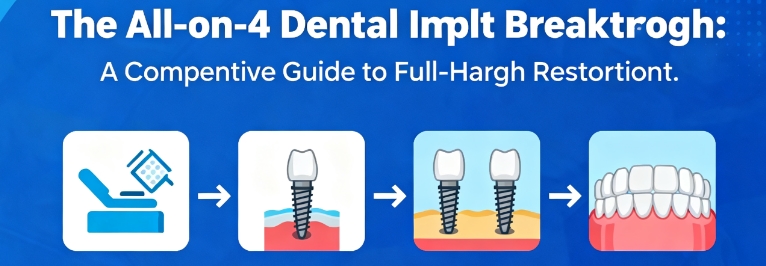Cost-Effective Dental Implant Solutions for Senior Citizens
Discover affordable dental implant options for seniors, including financing, discounts, and alternative treatments. Learn how to leverage dental schools, grants, and insurance plans to reduce costs while maintaining oral health. Maximize savings without compromising quality of care with practical tips designed for older adults seeking dental restoration solutions.

Cost-Effective Dental Implant Options for Older Adults
Statistics show that nearly half of the population nationwide is missing at least one tooth. Dental implants, which are titanium screw-like roots for artificial teeth, provide a stable foundation for replacements. They are favored for their natural appearance and functionality, especially among seniors. Since the procedure can be costly, exploring budget-friendly options is essential for many older adults seeking dental restoration.
Discuss financing options with your dentist Many clinics accept healthcare credit cards that allow patients to split costs into manageable monthly payments. Some providers also offer interest-free plans, easing the financial burden of treatment.
A handful of clinics offer $150 consultations, which typically include comprehensive exam and X-rays.
Explore payment plans and discounts In-house installments are common, allowing patients to distribute costs over months. Some dentists provide discounts for multiple implants or special promotional rates to help lower overall expenses.
Utilize dental school clinics Dental schools nearby often provide supervised treatment by students at reduced prices, making quality care more affordable. Availability may be limited, so early booking is recommended.
Private organizations like Cosmetic Dentistry Grants and the ADA Foundation offer partial, non-repayable grants to aid with dental costs. Eligibility criteria and application procedures are available online, with no government grants currently offered for dental procedures.
Participating in clinical trials is another way to save. These studies compensate participants and can provide access to advanced treatments. Visit clinicaltrial.gov and look for studies related to dental implants under "Other terms".
Non-profits such as the Dental Lifeline Network run programs supporting seniors and individuals with disabilities lacking funds. Meeting eligibility, filling applications, and providing documentation are necessary steps. Some dentists also donate services pro bono to help reduce costs.
For those on a tight budget, alternative treatments like removable dentures—acrylic and metal prosthetics fitting over gums—offer a practical solution. Other options include implant-supported dentures, dental bridges, crowns, and veneers. It's important to note only implants prevent jawbone deterioration over time.
While Medicare doesn't generally cover dental implants, coverage may be available for certain medically necessary procedures like jaw reconstruction or extractions in preparation for cancer treatment under Medicare Part B. Supplement plans (Parts F, G, K, L, M, or N) might help cover related costs.
Enrolling in Medicare Part C (Medicare Advantage) can also reduce expenses, as these plans often include dental benefits. Coverage varies by plan but may include early-stage procedures and, in some cases, implant-related surgeries. Most plans have annual maximums around $1,500, covering a percentage of costs such as extractions, implants, abutments, and crowns. To manage expenses, spreading treatments over years and utilizing FSAs or HSAs is advisable. Dental implants boast a 94% success rate over six years, significantly enhancing life quality when maintained properly.










